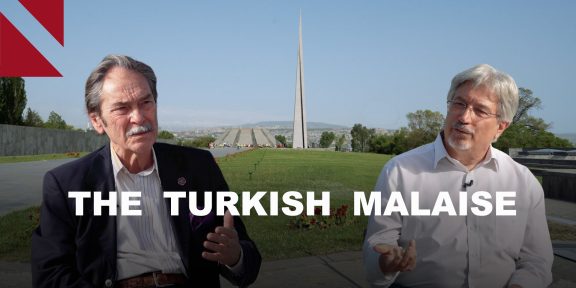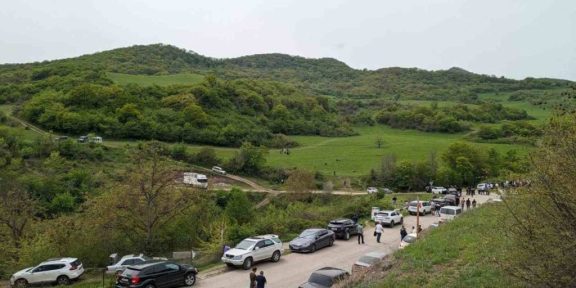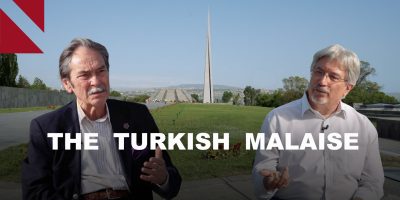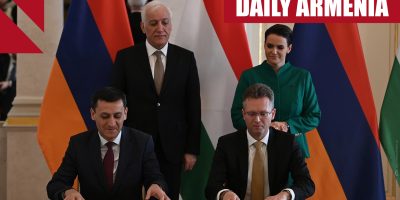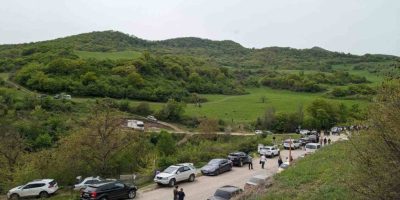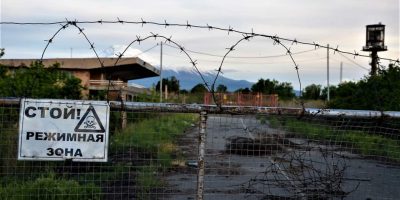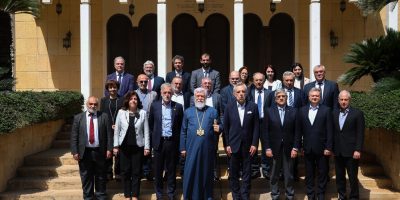Prominent Turkish human rights activist Sebnem Korur Fincanci was one of the recipients of the 2014 International Hrant Dink Award. A medical doctor with a PhD in forensic medicine, Ms. Fincanci lectures at Istanbul University. She spoke to CivilNet about her work, the situation of human rights in Turkey and the significance of the Hrant Dink Award.
When torture was prevalent in Turkey during the 1990s and was covered up by the authorities, Ms. Fincanci dedicated her professional career in the struggle against torture. She wrote articles on medical ethics and penned reports documenting torture, for which she was subjected to oppression and obstruction by the state.
In 1996, she took part in post-mortems from mass graves in the Kalesija region of Bosnia as member of the PHR team on behalf of the United Nations International Criminal Tribunal. On behalf of the International Rehabilitation Council for Torture (IRTC), she travelled to Bahrain disguised as a tourist and collected tissue samples from the body of a young man whose remains were discovered at sea, claimed by the police to have drowned. She brought the samples to Turkey, and in the autopsy she carried out, determined that he had been murdered under torture in detention as his family had claimed. She proved the torture carried out by Adil Serdar Saçan, the former Director of the Directorate of Organized Crime Branch. Her application to intervene on the grounds that her telephone had been tapped by the Ergenekon organization and that her personal information had been filed, becoming the only intervening party in the Ergenekon case.
In her acceptance speech during the International Hrant Dink Awards ceremony, Ms. Fincancı gave an emotional speech after she was presented with the award. “I feel embarrassed because I am receiving this award as I merely try to fulfil the responsibility of being human. In addition to feeling incredibly honoured, I feel embarrassed because I am receiving the same award extended to Saturday Mothers who have been looking for people lost by the state for years. I feel embarrassed because this award means so much. I feel embarrassed because in my mind I have done what needs to be done and that does not call for an award. I feel embarrassed because what needs to be done is still not readily done in these lands. The fact that the Armenian Genocide is still discussed behind closed doors, the denial of Kurds, their annihilation, the fact that the purging out of indigenous people of this land is celebrated every year, that you live with the shame of the fact that in a neighbourhood populated by the ever-shrinking Armenian community a school is named Talat Paşa, a road Ergenekon, a street Türk Beyi, that we feel the plight of all oppressed people in our hearts but that we have failed in dressing their wounds. The embarrassment of this all…”





